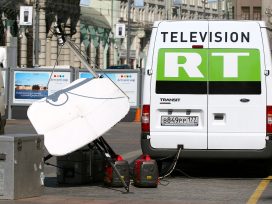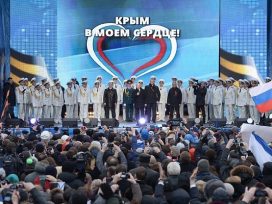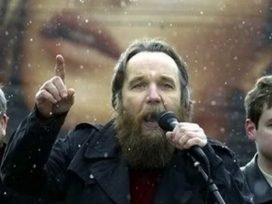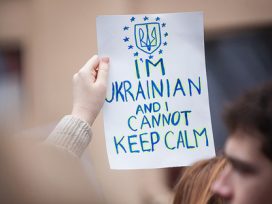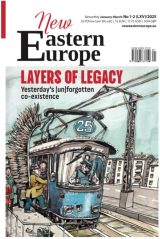Anton Shekhovtsov
Political scientist. External Lecturer in Political Science at the University of Vienna (Austria), an expert at the European Platform for Democratic Elections (Germany), and General Editor of the ‘Explorations of the Far Right’ book series at ibidem-Verlag (Germany). His main area of expertise is the European far right, relations between Russia and radical right-wing parties in the West, and illiberal tendencies in central and eastern Europe. His book, Russia and the Western Far Right: Tango Noir was published by Routledge in 2017. https://twitter.com/A_SHEKH0VTS0V
Articles
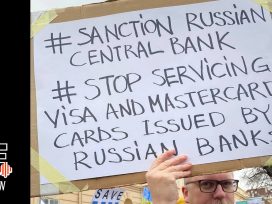
Anton Shekhovtsov tells about Russian imperialist mythology and how the insane propaganda of Ukraine’s denazification came about; the new status of Belarus as a mere vassal state; desertion as a political option; and how western elites have abandoned their alliances with Vladimir Putin – with a few notable exceptions.

Analogies between the US and Weimar Germany ignore that democratic backsliding under Trump is not the reversion to an illiberal norm. To call Trump a fascist is equally unhistorical: if there is a comparison, then it is with Europe’s rightwing populists. But is factual accuracy even the point when it comes to the discourse of antifascism?
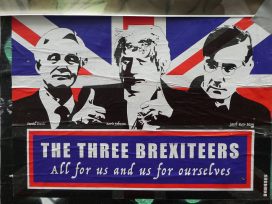
Vast regimes of cultural practice serve to transcend one’s physical existence and ensure living on symbolically through language, culture, and nationhood. While some fear the eradication of minority languages, others dread losing their group’s hegemony. But all run into trouble when faced with the apocalyptic rhetoric of climate activists.
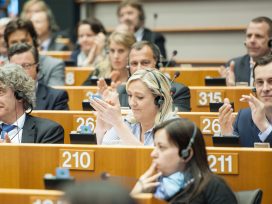
Do they deliver?
The pro-Kremlin far right in power
Despite far-right parties’ criticism of EU sanctions on Russia, at national levels they lack the foreign policy leverage to be of direct use to Moscow. The strengthening of the far-right bloc in the European Parliament is also unlikely to alter the EU’s position. Does this mean that Russian influence on European politics is negligible?
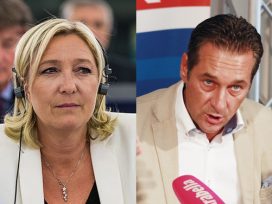
Moscow and the far right in France and Austria
From Plan A to Plan B (and back?)
While Moscow’s support of the Front National appears to be waning in advance of the French presidential elections, its ties with Austria’s far right have been cemented by a unique agreement. What does this say about Russian strategy in western Europe?
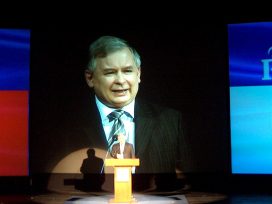
Patterns of illiberalism in central Europe
A conversation with Anton Shekhovtsov
Poland’s turn to the right has refocused attention on the roots of the region’s illiberal democracies. Anton Shekhovtsov considers the implications of these developments for Europe as a whole.
From electoral success to revolutionary failure
The Ukrainian Svoboda party
The radical rightwing party Svoboda rose to prominence in Ukraine’s 2012 parliamentary elections as an alternative to the political establishment, writes Anton Shekhovtsov, expert on Ukrainian rightwing groups. But its role in Euromaidan may well amount to Svoboda’s swan song.
